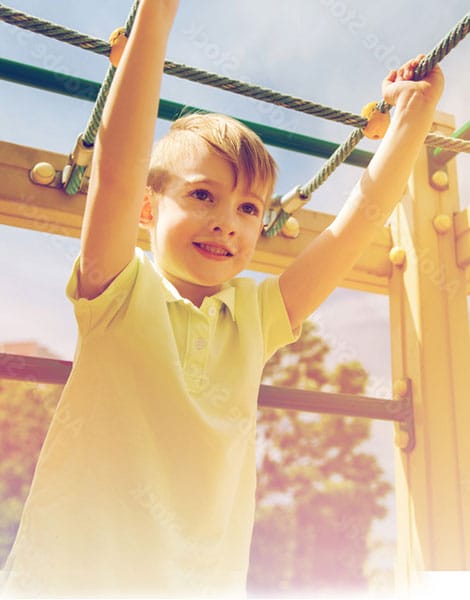Resources

Dr. David Finklehor, Professor and Director of Crimes Against Children Research Center at the University of New Hampshire.
Preventing Sexual Abuse Through Education







Access Free Resources For…


More Ways You Can Help
1
We can’t help others until we look in the mirror and do our own work. Identify the problem and deal with it honestly, seek treatment.
2
If there are children in your life, teach them to honor their boundaries. When someone wants to pick up, or hug, a child, that child has a right to say no for ANY reason.
3
An offender needs 3 things to offend: 1. The inclination to abuse 2. A vulnerable child 3. The opportunity to abuse. We can all interrupt the process and block opportunities.
4
The odds are if your gut tells you something is off, you’re right. Call your local DHHS. You can do so anonymously.
5
Polaris is a resource you can use to report trafficking if you suspect it. Polaris also spends $0 on marketing — we can all help get the word out. Make bumper stickers with the toll-free number and hand them out to everyone you know!
CALL: 1-888-373-7888
TEXT: “Help” or “Info” to 233733
6
Advocacy groups against sex trafficking and child sexual abuse can’t give you enough materials. Set a reminder in your calendar to pick up 50+ flyers, stickers, and business cards a month and put them in bathrooms, backs of toilets, everywhere.
7
Know someone whose child is going to summer camp? Ask if they’ve had a conversation with their child about boundaries and inappropriate touching. Have those difficult conversations until they’re less uncomfortable.
8
When you’re around other adults and someone says something inappropriate, say something. Rape jokes aren’t funny, sexualizing young kids is wrong on any level, buying sex isn’t cool, body shaming and bullying should be interrupted, and violence shouldn’t be normalized.
Stay In-the-Know!
JOIN OUR EMAIL LIST


